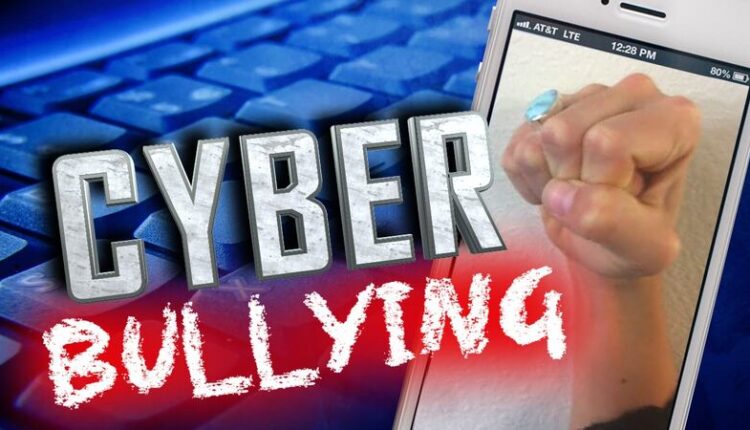Cyberbullying- An abuse turned fun
It is a common phenomenon for people to wake up and the first thing they do is reach for their phones. We are consuming more social media than ever before and as such, it affects us adversely. It influences our esteem, perception of ourselves, and interaction with the world.
Social media has made it easier for bullies to hide behind their keypads and type hateful comments about individuals. Determined bullies have always found ways to antagonize others, but digital platforms have given them new powers.
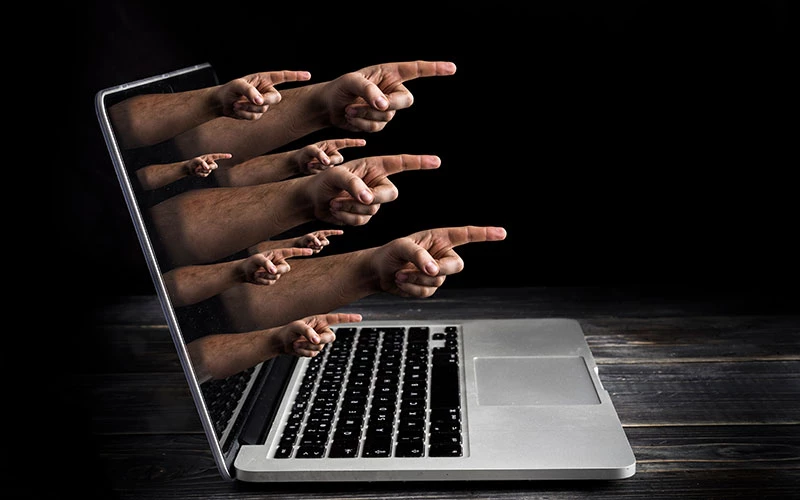
Cyberbullying – What is it?
Cyberbullying, the act of using technology to harass, threaten or intimidate others has become a pervasive issue in our interconnected world. Unlike traditional bullying, it does not require physical strength or a face-to-face meeting. Anyone with an Internet connection and a digital device like a smartphone, computer or tablet can be a cyberbully. There are no specific hours, and it can happen around the clock, whether through social networking sites or instant messaging.
Since many platforms do not try to verify people’s real identities, a cyberbully can choose an alias and remain anonymous. With the anonymity and the reach of the internet, individuals feel emboldened to unleash hurtful comments and malicious attacks on their peers with impunity.
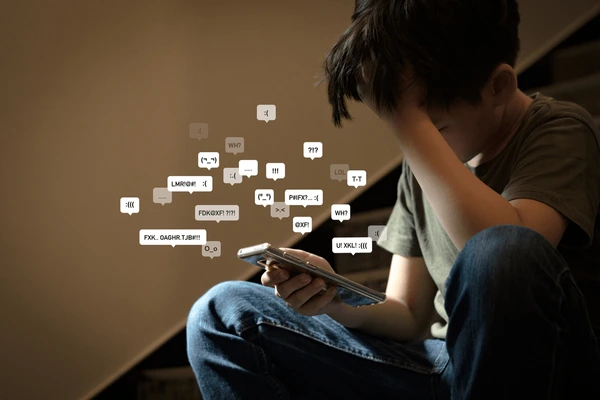
In history, cyberbullying has almost always been associated with children, however, Ghana has recently seen a host of cyberbullying that is now the new norm tagged fun.
Our favourite celebrities are no exception when it comes to online bullying. Being under the limelight, they are under more scrutiny than ordinary folk.
Social media platforms such as Facebook, Instagram, TikTok, Snapchat and X(Twitter) are common grounds for bullies.
What Makes CyberBullying Especially Ugly?
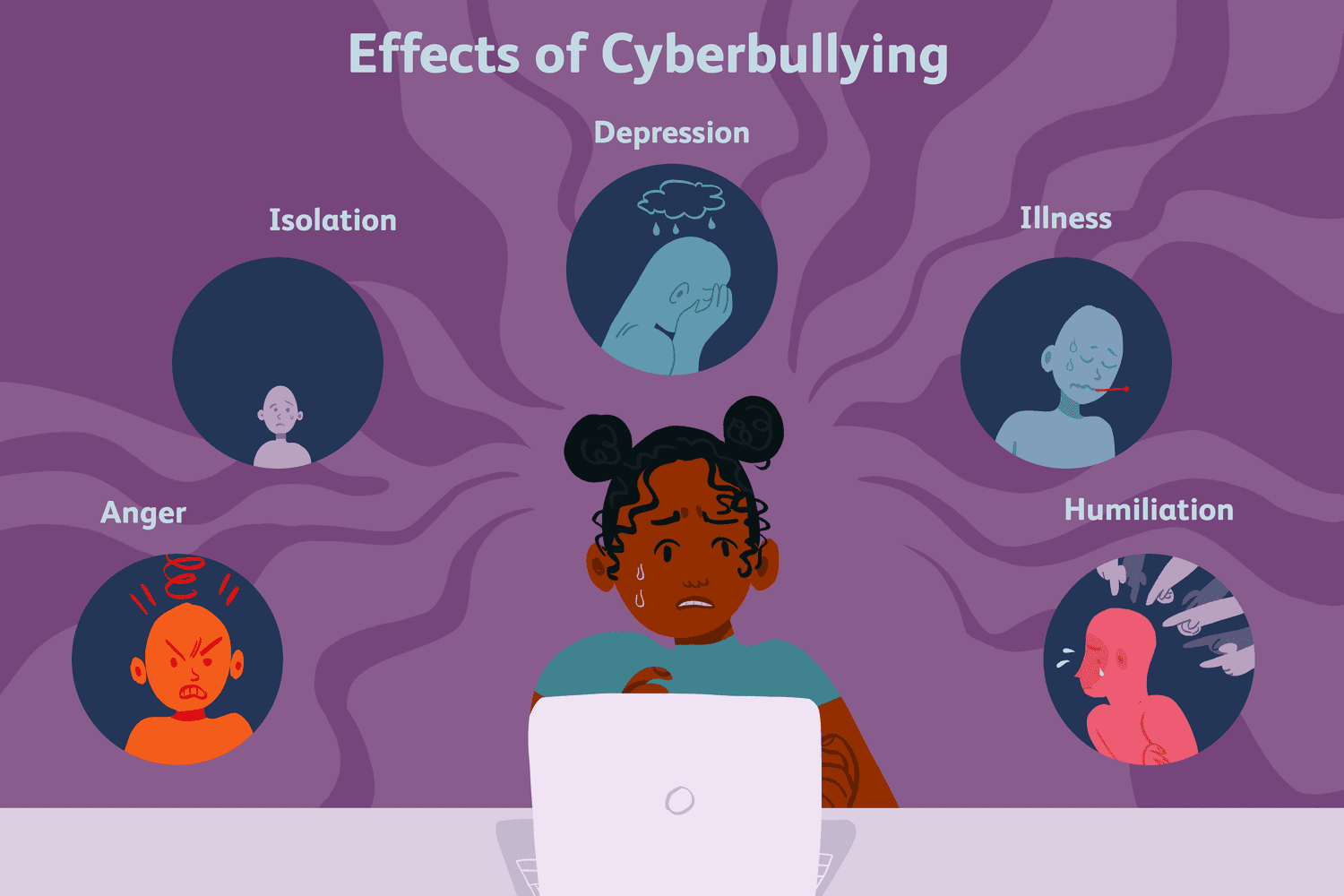
For some, cyberbullying has become a quick path to online fame and influencer status as they exploit negativity to gain enough traction to attract followers who enjoy the drama.
This “attack to attract” strategy not only hurts individuals but also poisons the well of healthy online discussion.
It is worth noting that people have feelings, and the words typed out in haste can have lasting repercussions on their mental and emotional well-being.
The constant barrage of negative messages and hurtful comments can lead to feelings of isolation, depression, and in some extreme cases suicide among its victims.
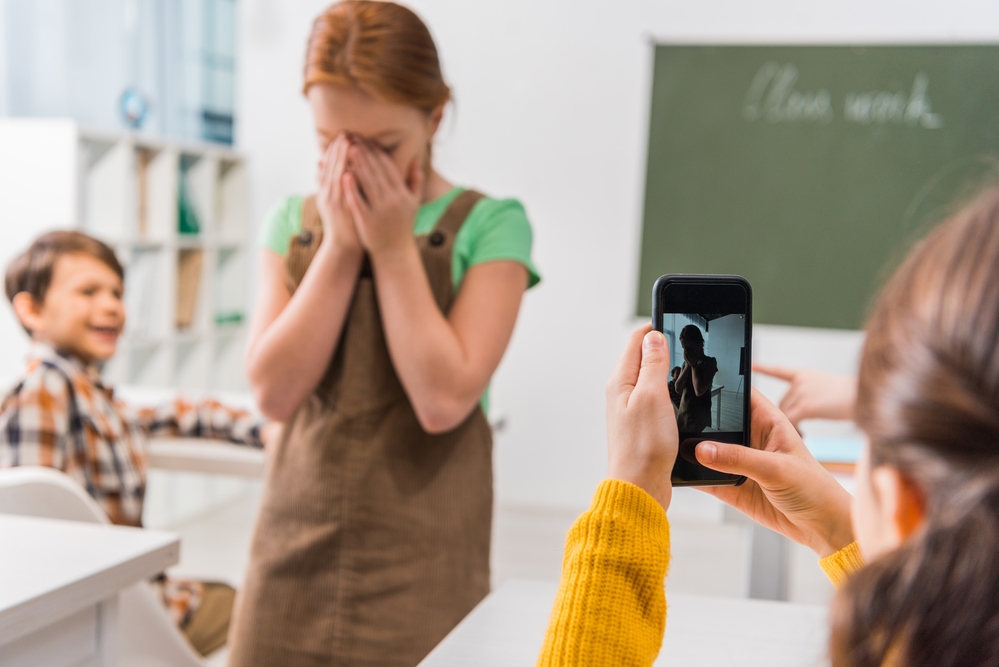
What can be done to control Cyberbullying?
The effects of cyberbullying are overwhelming and need to be addressed to prevent people from being victimized.
The spread of misinformation, hate speech, and harmful content on social media highlights the critical need for comprehensive measures to control online abuse and encourage responsible digital citizenship.
Despite defamation laws, strict measures are lacking to regulate online accounts and prevent harmful online culture.
Authorities must implement comprehensive legislation and regulations specifically combating online abuse, harassment, and defamation.
However, it is not enough to simply have laws in existence, the implementation of those laws must be swift and resolute.
Individuals who publish abusive content must be penalized to deter others from engaging in online abuse.
Again, it is important to incorporate proactive strategies that involve fostering partnerships with social media corporations to strengthen reporting systems and enforce more stringent content control protocols.



